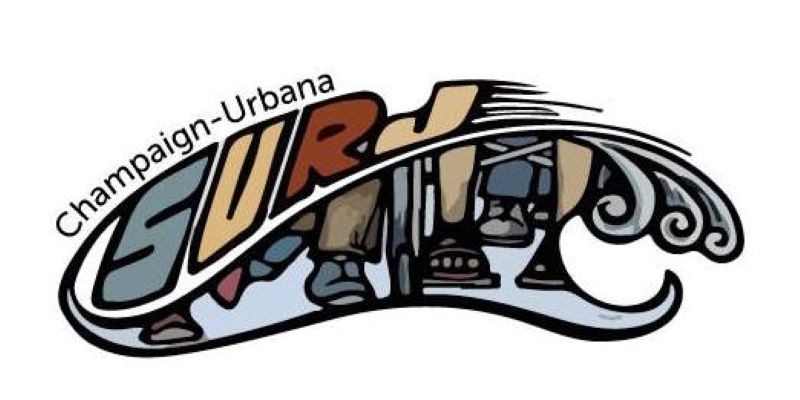Ableism works as a mechanism of white supremacy, capitalism and colonization by devaluing disabled* bodies and minds as unnatural, invalid and unworthy across the lines of race, gender, poverty and citizenship. It grants credibility and true humanity exclusively to able bodied people and as such plays a central role in determining which individuals or communities are deemed the dangerous, the unfit, or the disposable.
Those who can produce and contribute to the continued prosperity of a white ruling class are granted degrees of privilege; those who cannot are denied even the lesser of these. Disabled folks have bodies and minds that have never been productive by such power and profit driven standards of merit or worth, which intensifies the level and type of oppression we experience daily. Disability communities live and breathe at the hubs of environmental racism, poverty, sovereignty struggles, exploitative working conditions, immigration, homelessness, militarized borders, police violence, incarceration and the state control of all poor communities.
A core tenet of Disability Justice centers the lives and leadership of disabled BIPOC. Disability Justice simultaneously requires white disabled activists to actively engage in racial justice work and further charges non-disabled activists to rigorously embed anti-ableism practice into the very heart of our work.
Disabled and chronically ill people are and always have been an integral part of white community, resistance and culture yet through the absence of anti-ableism practice and basic access, we remain passed over or excluded from politicized and community spaces, and all too often exist only at the margins of racial justice spaces. To deliberately seek out the involvement and leadership of disability activists and community members is vital to our base building work and pivotal to the success of organizing for racial justice.
SURJ’s mission centers the practice of ‘calling in’ as many white people as we can into this work. This is grounded in the belief that while we all have a responsibility to dismantle white supremacy, significant privilege dynamics exist within white communities that need to be acknowledged and boldly addressed in order to build an inclusive, sustainable and expansive movement.
We want to create a movement for racial justice that not only pushes back against disability stereotypes of tragedy, inspiration or irresponsible burden but that also fiercely resists the powerful undercurrents about the ‘feebleminded’, the illiterate or accented people of our lives. These ideas, birthed in ableism, grease the cogs of white supremacy and perpetuate white privilege. The desire to embrace disability justice in action and direction nurtures our capacity to reach a strong and vibrant base, teeming with the brilliant imperfection disability community brings to the table, bringing us all fabulously closer to a racial justice movement emboldened to leave no one behind in our struggle for collective liberation
Until we are all free,
CU-SURJ Newsletter Team (Adapted from SURJ National’s “Disability and Access” resource.)
Calls to Action
Sign the pledge
- If you’re a white person with a disability, sign the pledge to show up for Black lives.
- Sign the petition for global defense of Black lives
See more calls to action here.
Submit a letter
- Write a letter to the editor in The News-Gazette about this or another racial justice issue.
Show Up This Week
We Were There, Too: Black Disabled Voices in the Disability Revolution
Wednesday, September 23rd, 1 p.m.
CU-SURJ Check in Circle (weekly)
Thursday, September 24th, 4:30 p.m.
See more events on the Racial Justice Calendar.
Please send any events to news@cusurj.org.
Resources
Learn more:
- Read White People with Disabilities — We Must Show Up for Black Lives from SURJ National
- Read ‘Nothing About Us Without Us’: 16 Moments in the Fight for Disability Rights from The New York Times
- Read From Disability Rights to Disability Justice: a Reflection on Crip Camp and 30 Years of the ADA from SURJ National
Cultural Work:
Local Voices:
- News-Gazette: Seven community members offer solutions for reforming criminal justice system
- News-Gazette: Being Black in America: C-U author Marnita Harris
Send art/poetry/music submissions to: info@cusurj.org
We also encourage you to:
- Subscribe to the CU-SURJ newsletter
- Post events and resources, including when you’re taking action on our Community FB Page so others can be inspired and join you.
*When we speak of disability we are celebrating the brilliance and vitality of a vast community of peoples with imperfect bodies and minds whether a disability is visible or not.








